We’re both in Los Angeles yet still separated by an internet connection and an attention-seeking feline diva named Timothee Chalomew. “He just loves to interrupt me,” Colton Haynes explained as Timothee zips in and out of frame.
“That’s their job, you gotta let them do their jobs,” I offered. I know from cats and kids and other life distractions. Any annoyance is outweighed by the comfort these creatures can bring. Comfort that’s needed when you’re about to share your life with millions of readers.
With Miss Memory Lane, the 33-year-old actor and model has invited readers to bottleneck every accident, sit in every traffic jam, and sometimes take a scenic detour on the road trip of his life. It’s vulnerable, it’s beautiful and at the same time, it’s stark and naive. The spine is made from authenticity and holds the book together, keeping it from being a trumped-up tell-all and instead allowing the book to be what it is. A confession? Of sorts. But I think it’s more accurately described as a reflective essay, a therapy session put to page.
It’s personal and intimate and not apologetic of that fact. There are moments that are glossed over, some left out completely and others that beg more questions, but ultimately you realize Haynes has put everything he possibly could into this book, and you can only hope that part two is in the works.
I told Haynes about my history with him. “I actually had that XY magazine. I was very young and stole it from Barnes & Noble. I remember being like, ‘what’s the big deal?’ and not understanding Hollywood or really the world then.” The release of the gay magazine XY’s R-rated shoot between Haynes and an ex became the source of a lot of gossip - mainly revolving around Haynes’ sexuality.
“It was exacerbated by the fact that I was trying to hide all of it.” Haynes said confidently, “I’ve recently come to terms with why that was wrong, but now I love that shoot. I had so much fun!”
“I don’t know that it was necessarily wrong to hide it, because that’s survival,” I said insistently. There’s something in Haynes that makes you want to protect him, to understand that even though he’s not partial to playing the victim, he still is one. “That’s what so much of this book is about - survival. It’s more that it just wasn’t long-term productive, even though it seemed short-term necessary.”
He smiled graciously, nodding, yet not needing my defense, and I felt pride. This is another one of Haynes’ superpowers, the ability to feel as though your investment in him is fruitful.
I asked him about the title of the memoir, Miss Memory Lane.
“It’s actually a nickname that was given to me by a friend who I met in treatment. It really stuck with me.” He explains. “Everyone always comments - my friends, my family, they’re always like, ‘why are you so addicted and obsessed with your memories?’ and for me, I finally realized I was just like my mother, and she was just like her mother. I found a bunch of their journals and read them – which they’re probably going to be pissed about, sorry! – but there I am, exactly like them. So for me, Miss Memory Lane is not just me, but my mom and her mom. It’s something really special to me.”
Haynes explained the moment he first received the name as he entered rehab for the final time. His roommate was referring to all of the notebooks, albums, and journals Haynes kept. I do wonder if the moniker stuck not only because it was so appropriate, or because Haynes was finally being seen. There’s coming out, and there’s being out.
When Haynes came out publicly in 2016 he told Arrow co-star Stephen Amell, “I didn’t come out of the closet, I flew. You should see the jackets I’m wearing now!” Haynes was ready so he didn’t have to get ready, but the world still felt behind.
Haynes always felt a little ahead of the curve, a feeling most would mistake for maturity. He was 14 when he began an illicit sexual relationship with a 42-year-old man. And he was well into his 30s when he realized it was abusive. This came after his first sexual experience as a pre-adolescent at the hands of his uncle.
“One thing about kids,” I said to Haynes during our chat, “is that they never know they’re kids. They never think that they’re too young. They never think they’re not old enough to handle whatever’s happening to them.” There’s an excerpt near the end of the book where he says his uncle “had the audacity to die of AIDS before I ever got to tell him thank you, I hate you, how could you do that to me?” They’re emotions he never got to process at the time, too busy trying to survive.
“It wasn’t until recently that I knew [these underaged abusive relationships] were wrong.” Haynes elaborated. “When it comes to being queer, a lot of people don’t understand that just to get love or affection or attention, we have to use our bodies, and a lot of times that can be at a young age. We’re doing whatever we can to get the attention that we require because we don’t feel loved.” Haynes began seeking out this affection and found he didn’t relate to other kids in his age bracket, other kids that didn’t care the same weight he did.
“Looking back at that kid it does make me really sad for him, for me. But at the same time, I find myself wanting that free way of living that I used to have. Not doing the underaged things I was doing, but there are a lot of moments that I still hold on to that I really miss from back then and I’m not able to live that way anymore.” Haynes is wistful but contemplative. It’s an interesting contradiction and a theme that’s paved his path for decades.
“There’s a confidence that’s inherent and necessary to situations like that,” I said, empathizing with the tug of war Haynes was embroiled in. “I love the stories about the times you would drop your headshots randomly backstage, like ‘hey, call me!’ And like, who does that? Kids, kids do that.”
Haynes laughed at his former audacity, “I told all of my friends that story because I used to do that shit all the time. I mean, I have the actual photographs in the same original binder.” He dug through some piles and came up with a binder filled with the greatest hits of the early ‘00s. Haynes is shirtless, looking pensive, smizing with the ocean blurred behind him, smoldering in an oversized suit with a picture of Kate Moss in the background. So many more photos of a young man who was told he was beautiful and chose to believe it.
Personally, as the product of a single parent with dementia, a lot of my childhood memories no longer exist. It was wild seeing Haynes pull out albums, journals, and notebooks and all of these icons to a life that has to be seen to be believed.
There’s a reverence to his memories in Miss Memory Lane, evocative of Ethan Mordden or Edmund White in the prose-like nature of his writing. There are turns of phrase that elevate the book from a standard autobiography to something that could truly be called a memoir. I wondered about the contradiction of a young boy that felt he only had his looks going for him, being able to turn out these beautiful bon mots. The beauty of the style itself is often in contradiction with the words being said.
“My way of communicating with people was through my photographs. It was my art, my outlet, and it was my way of telling a story with my eyes or my body. When writing this book it was really important that I wanted to be completely candid and I wanted to speak my mind and dive into the different facets of me. This was never going to be a cookie-cutter, phone-it-in kind of situation.”
His tenacity pays off as you’re invited into the peaks and valleys of life. From dealing with his mother and father, then just his mother, then his brother, then his newfound extended family, all of these relationships elicit their own sagas and yet the focus, kindly, is on Colton Haynes. Even if you don’t understand the why of him, this certainly helps answer the question of how?
As you might expect, Haynes’s relationship with his mother acts as a nucleus of the book. There’s a rebelliousness, an undying love, and a bit of resentment between every line. If Dana were a character in the fictional retelling of Haynes’s life, she’d be neither protagonist nor antagonist. She’d be the anti-hero. From Haynes’s point of view, Dana appears as the kind of woman that didn’t necessarily have children as much as she had future best friends. She loved them, sure, but she was her own woman and lacked a certain capacity for self-sacrifice. She was never going to be able to provide a stable home and dote over her children until they went to college. She took Haynes and his older brother Clinton along on her personal journey to find herself.
This can provide adventure and build character, and it can also lead to feelings of inadequacy and abandonment. Haynes felt all of these in excess. He followed in her footsteps in many ways. Being confident in his beauty and being unable to accept the word "no" were both things he inherited from her.
Another thing he inherited was an addiction.
“There were years where I did not speak to my mom because I didn’t realize that Alcoholism and Drug Abuse are actually brain diseases. I didn’t know until I suffered through it on my own. I’m going on four years sober now and I get to live life in a way my parents never got to.” Haynes explained, his tone an intoxicating mix of hopeful melancholy, “Once I got sober, I realized my mom literally did not understand that she had a disease. Even though the times where she wasn’t at her best, or when Social Services were over all the time, or when she’d be gone for a week and we’d be at home with our 13-year-old sisters taking care of us, I see her as this incredible, iconic, beautiful person. This story is sort of a redemption story for my mom too.”
The trip down Miss Memory Lane is a triumphant journey that introduces Colton Haynes. His way.
Miss Memory Lane is currently available for pre-order and will be released on May 31st.









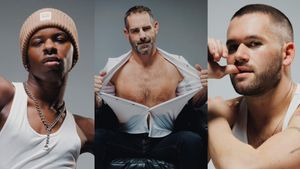








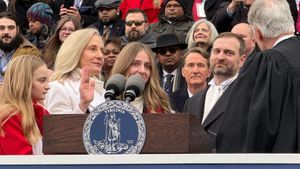


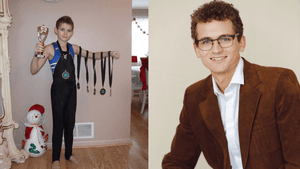













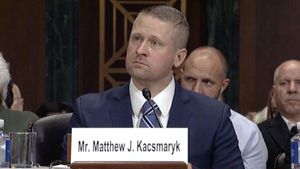
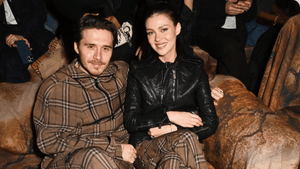











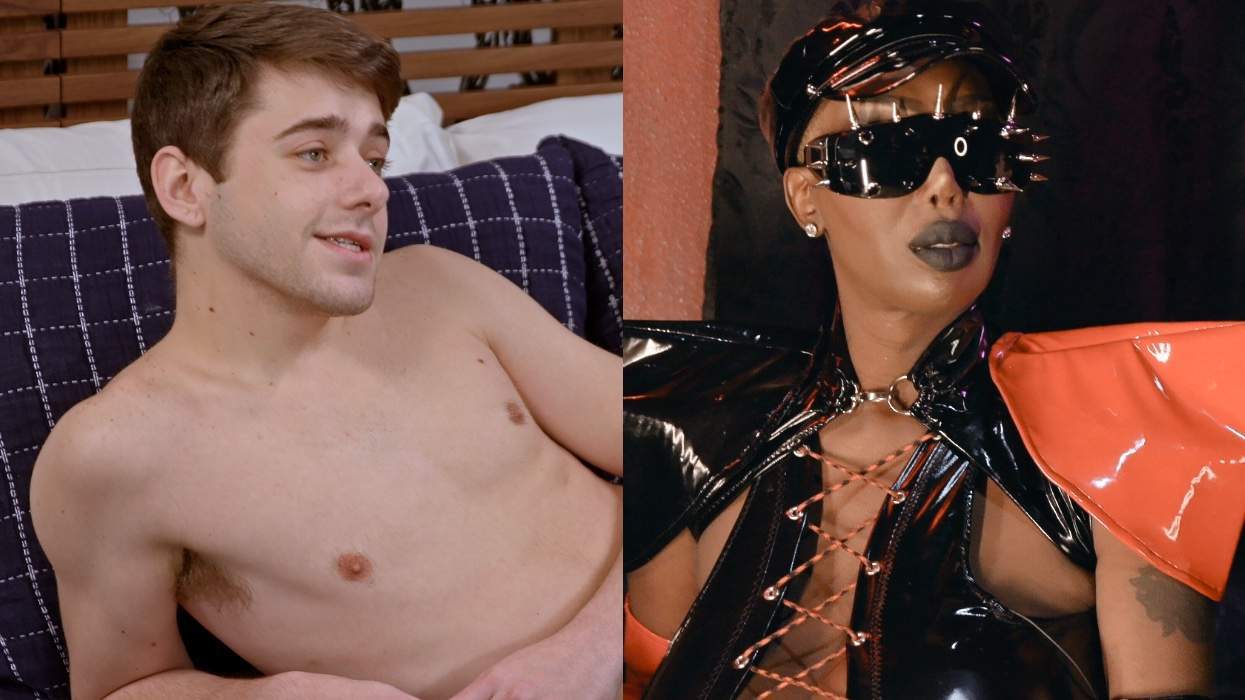
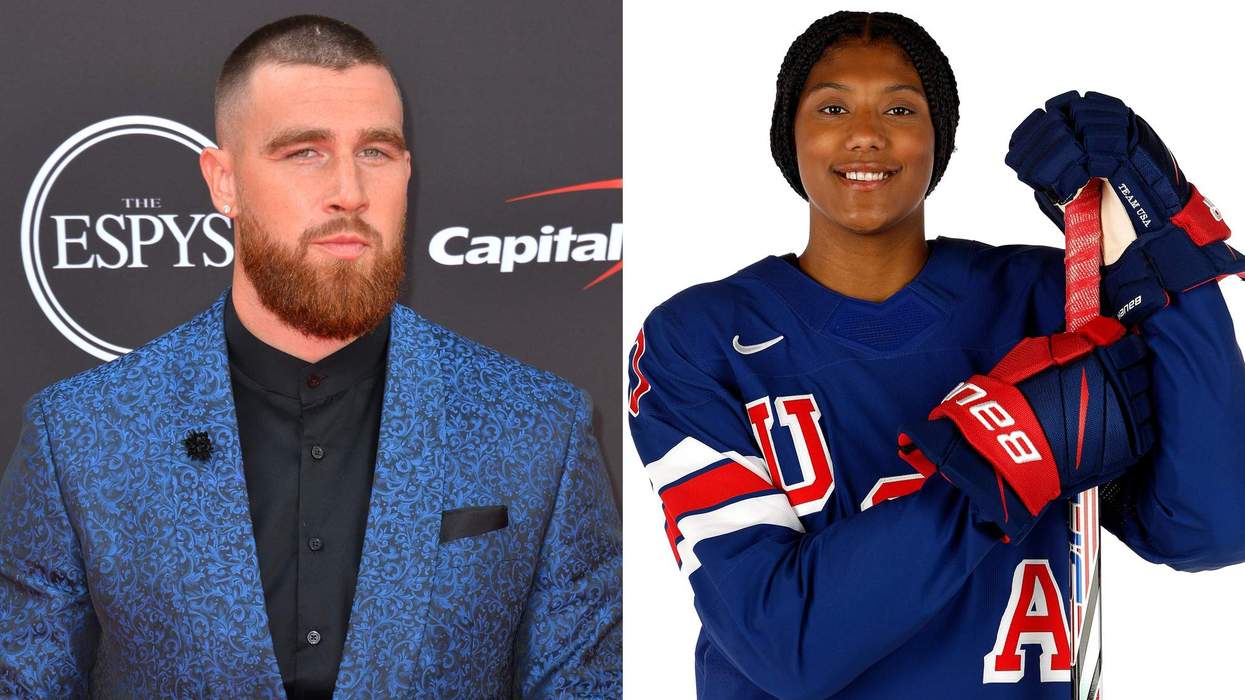

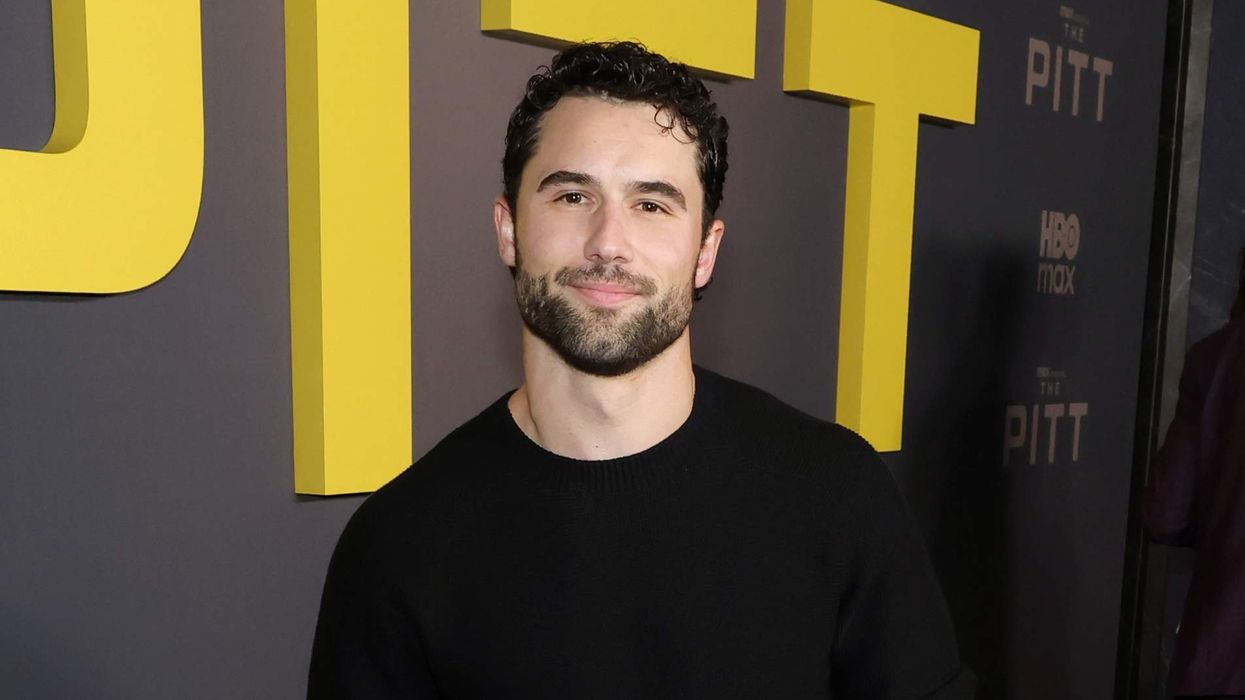
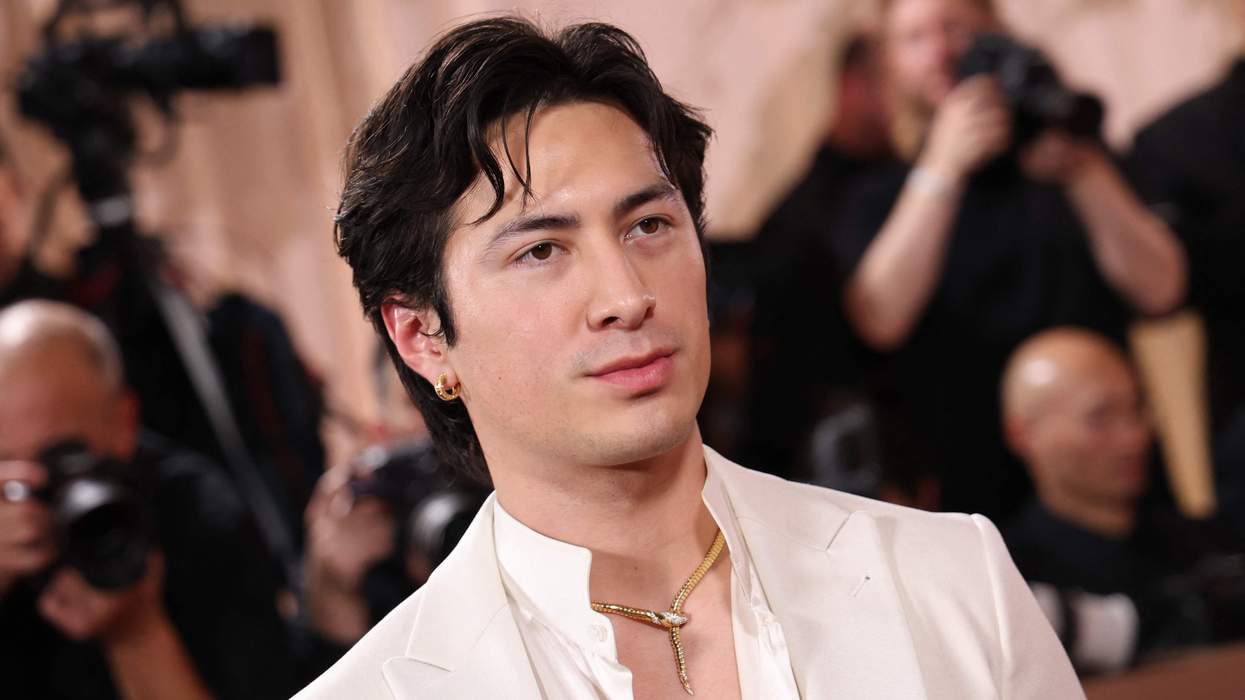
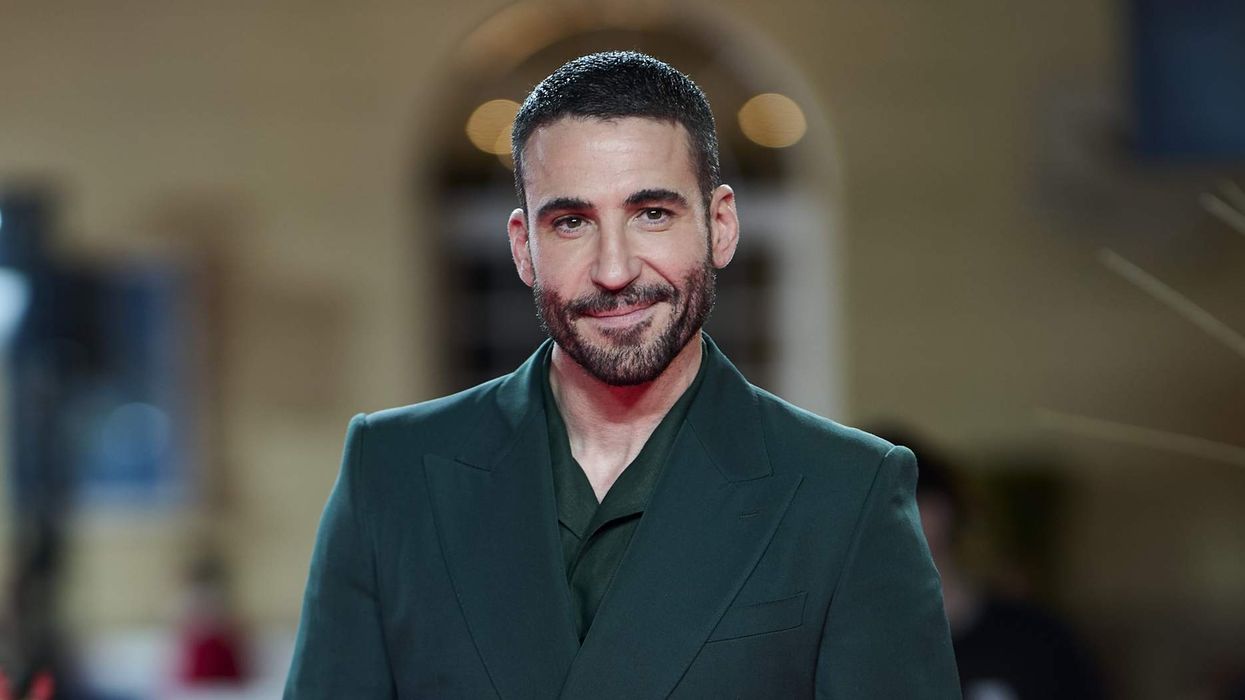





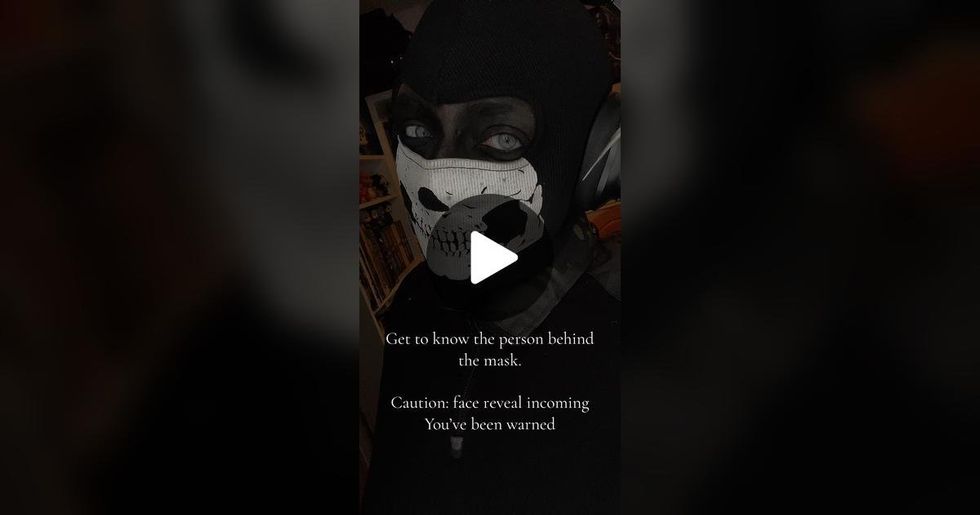 TikTok · Gh0ul
TikTok · Gh0ul